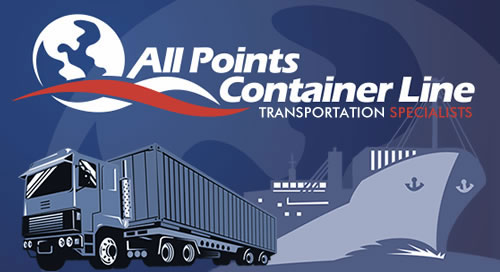Innovations in container shipping technology have revolutionized the logistics and freight industry, bringing significant changes in how goods are transported globally. Let’s explore some of the latest technological advancements in this field, reflecting the dynamic nature of the industry and its continuous quest for efficiency and sustainability.
Smart Containers: A Game Changer
The introduction of smart containers is a major leap forward. Equipped with IoT sensors, these containers provide real-time data on location, temperature, humidity, and more. This level of monitoring ensures the integrity of the cargo, particularly vital for perishable goods, and enhances the transparency of the entire shipping process.
Automation in Container Handling
Automation has significantly streamlined operations in ports and terminals. Automated cranes and self-driving vehicles reduce loading and unloading times, while minimizing human error. This not only speeds up the process, but also improves safety standards in these high-risk environments.
Blockchain for Secure Documentation
Blockchain technology is being adopted to handle the extensive documentation involved in container shipping. It ensures secure, transparent, and tamper-proof record-keeping. This reduces delays caused by paperwork discrepancies and enhances trust among all stakeholders, from shippers to customs officials.
Eco-Friendly Innovations
With the growing focus on sustainability, the industry is seeing a rise in eco-friendly innovations. Solar-powered containers and ships with reduced emissions are becoming more prevalent, aligning the logistics sector with global environmental goals.
AI and Predictive Analytics
Artificial Intelligence (AI) and predictive analytics are being utilized to optimize shipping routes and predict potential delays. This leads to more efficient scheduling, cost savings, and reduced environmental impact due to lower fuel consumption.
Challenges and Future Prospects
While these innovations offer numerous benefits, they also present challenges, particularly in terms of investment and adapting to new technologies. However, the future looks promising as these advancements not only enhance operational efficiency but also contribute to a more sustainable global trade ecosystem.

